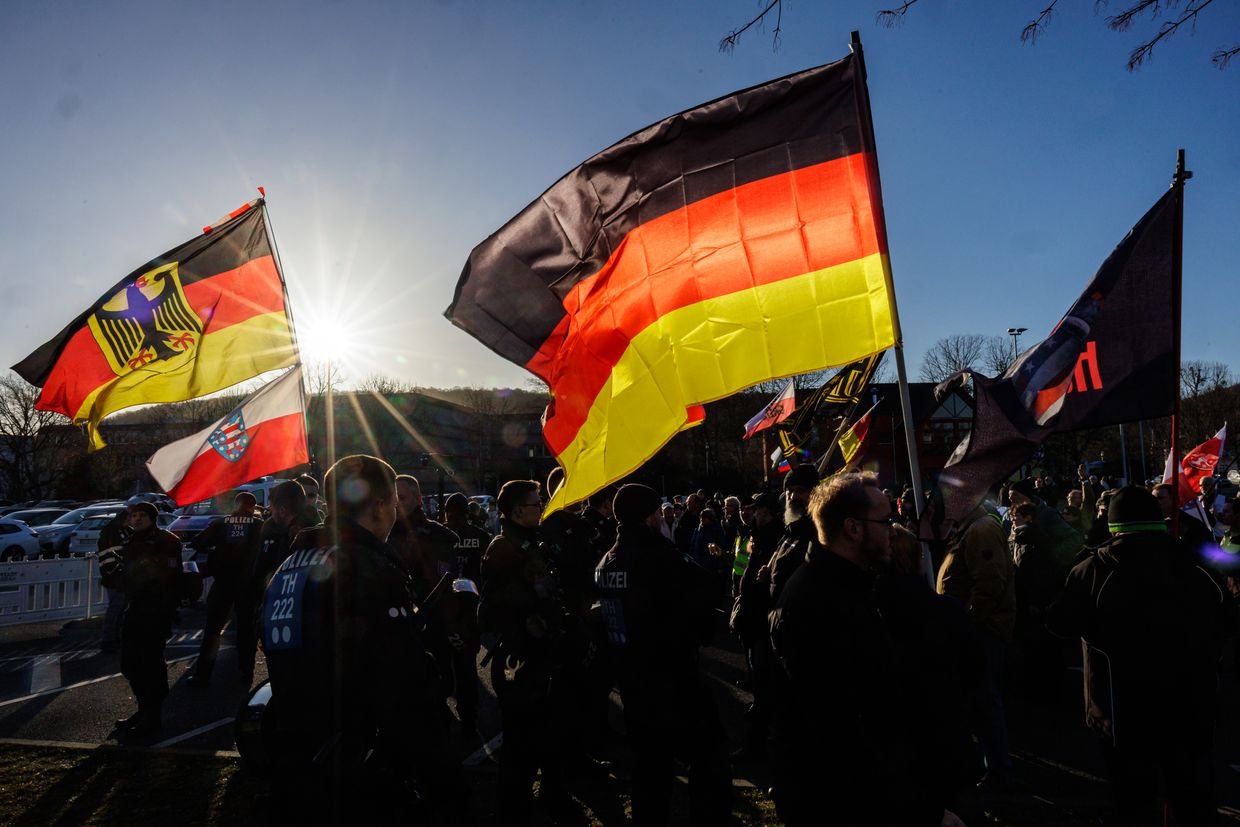Scholz says his party's support for Ukraine is connected to its declining popularity

The decreasing popularity of Germany's Social Democratic Party (SPD), headed by Chancellor Olaf Scholz, is connected to some voters' opposition to the party's support for Ukraine, Scholz said in an interview with Tagesschau published on June 24.
The effect is most directly felt in some states in Germany's east, where SPD is only polling at 7% ahead of upcoming local elections scheduled for September.
SPD suffered a bruising loss in the elections for the European Parliament earlier in June, coming in third place, behind the center-right Conservative Christian Union-Christian Social Union (CDU/CSU) and far-right Alternative for Germany (AfD).
Many voters do not agree with the government's support for Ukraine and sanctions against Russia, which is "also reflected by the election results," Scholz said.
At the same time, the electoral impact notwithstanding, Scholz said he believes there is currently "no alternative to changing (the government's policy toward Ukraine)."
Scholz said he is hopeful that the upcoming elections would not result in an AfD prime minister being elected, which he said would be "very depressing." Nonetheless, he acknowledged that AfD would likely play a role in the forthcoming governing coalition.
Recent polls have also indicated signs of nationwide skepticism toward Germany's support for Ukraine, with 58% of respondents saying in March that they opposed the provision of long-range Taurus missiles. Another 31% said they were not in favor of delivering any German-made weapons to Ukraine.











